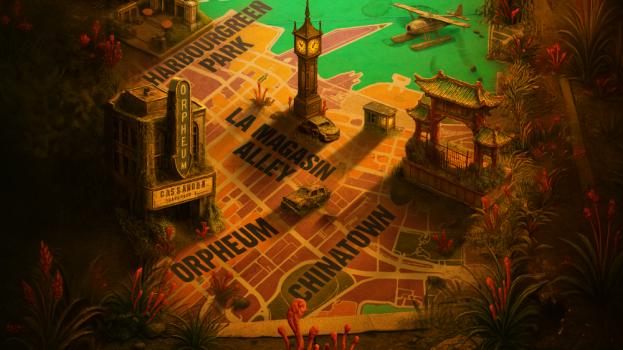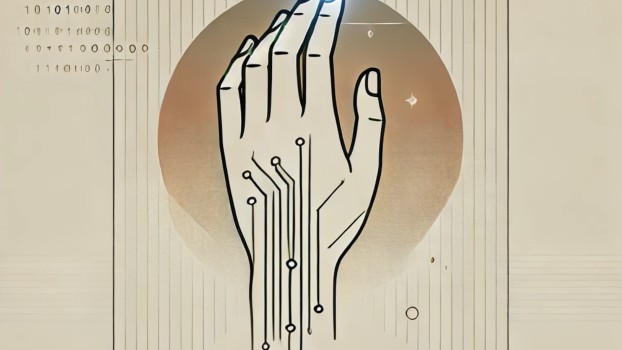By Robert Furtado
An entirely new mindset born from Silicon Valley’s startup culture is upturning traditional notions of what it means to be a marketer. Look carefully and you’ll notice coding terminology has even begun to appear in the industry’s latest job titles.
Take the “full-stack marketer.” Like a full-stack web developer who understands every layer of the technology “stack,” a full-stack marketer leverages different technologies to grow a business by any means possible.
It’s no wonder Silicon Valley speak is infiltrating our marketing language. The rise of new media platforms – from the Amazons to the Snapchats – has made it possible to take a product from zero to millions of users in just a few years. But doing so requires a new set of skills and a radically new approach to growth based on experimentation.
The full-stack marketer doesn’t just publish content on media platforms — they “hack” them. Airbnb famously helped kick-start its growth by sending automated emails to people who placed rental listings on Craigslist. Spotify built social proof into its music-streaming service by showing Facebook users what their friends were listening to in real time. In what’s now a familiar practice, Hotmail engineered virality into its original email service by including “P.S. Get Your Free Email at Hotmail” and a link at the bottom of all outgoing emails.
Product and engineering minds are co-opting new platforms to drive explosive growth for their companies in ways that may have not occurred to marketers before.
This doesn’t mean they need to learn JavaScript to be successful. However, it does mean a wide-ranging skillset and experience using different technologies are becoming critical for those looking to innovate. Successful startup marketers today have adopted a new mindset based on rapid user testing and data-driven decision making, swapping concepts like focus groups for A/B testing; brand awareness for viral factor; and mindshare for social influence.
Of course, technical demands on marketers will only grow as technology advances and organizations pursue untapped marketing channels. AI chatbots, mobile notifications and VR are just a handful of technologies already redefining the future of work. Marketers and companies alike must become as fast and flexible as the challenges and opportunities they face if they want sustainable long-term growth.
Paul Graham, co-founder of Y Combinator, a world-leading incubator of early-stage startups summarizes Silicon Valley’s message to marketers everywhere like this: make something people want. Don’t put more dollars behind products that don’t work. Don’t wait to get your product in front of potential customers. Build something people want — and that means testing, learning and repeatedly redesigning products and even entire businesses until they’re primed for growth.
At a minimum, learning core concepts in web development will make you a better cross-functional team leader, help you track data across digital marketing channels, and give you new conceptual frameworks for solving problems. It will also open your mind to new possibilities for developing products and reaching new audiences.
Don’t believe anyone who tells you job titles don’t matter. They reveal a lot about the intellectual and cultural influences of an organization — and they’re a lagging indicator of structural change within industries. The full-stack marketer is a prime example.
Tomorrow’s marketing pros shouldn’t be expected to master every programming language and new technology. That’s unsustainable. But the leaders among them will acquire the right combination of technical skills based on what affects their bottom line and build teams with complementary skillsets around them. And then they’ll never stop learning.
Robert Furtado is the founder of online education hub CourseCompare.ca and a former Humber School of Media instructor.
























